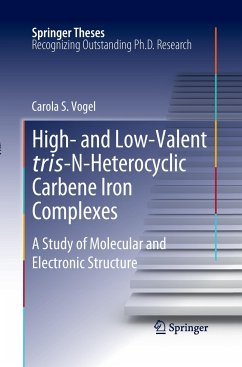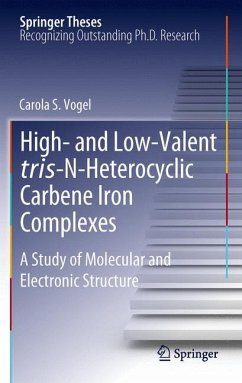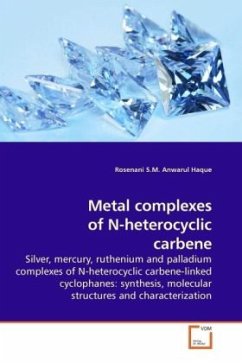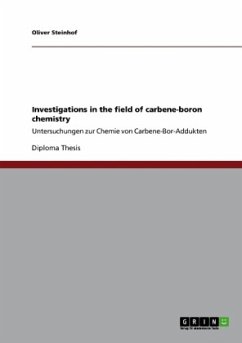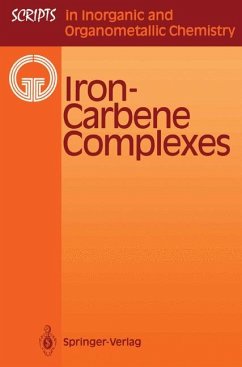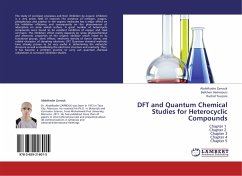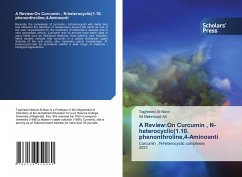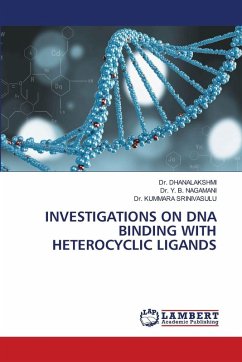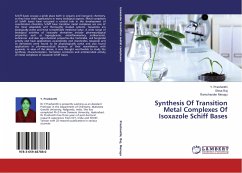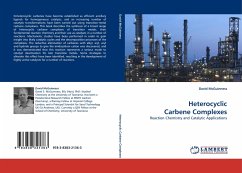
Heterocyclic Carbene Complexes
Reaction Chemistry and Catalytic Applications
Versandkostenfrei!
Versandfertig in 6-10 Tagen
45,99 €
inkl. MwSt.

PAYBACK Punkte
23 °P sammeln!
N-heterocyclic carbenes have become established as efficient ancillary ligands for homogeneous catalysis, and an increasing number of catalytic transformations have been carried out using transition-metal carbene complexes. This book describes the synthesis of a broad range of heterocyclic carbene complexes of transition metals, their fundamental reaction chemistry and their use as catalysts in a number of reactions. Mechanistic studies have been performed in order to gain insight into likely catalytic cycles and the decomposition processes of the complexes. The reductive elimination of carben...
N-heterocyclic carbenes have become established as efficient ancillary ligands for homogeneous catalysis, and an increasing number of catalytic transformations have been carried out using transition-metal carbene complexes. This book describes the synthesis of a broad range of heterocyclic carbene complexes of transition metals, their fundamental reaction chemistry and their use as catalysts in a number of reactions. Mechanistic studies have been performed in order to gain insight into likely catalytic cycles and the decomposition processes of the complexes. The reductive elimination of carbenes with alkyl, aryl, acyl and hydride groups to give the imidazolium cation was discovered, and it was demonstrated that this reaction represents a serious mode to catalyst deactivation for late transition metals. Some strategies to alleviate this effect have been identified, resulting in the development of highly active catalysts for a number of reactions.




